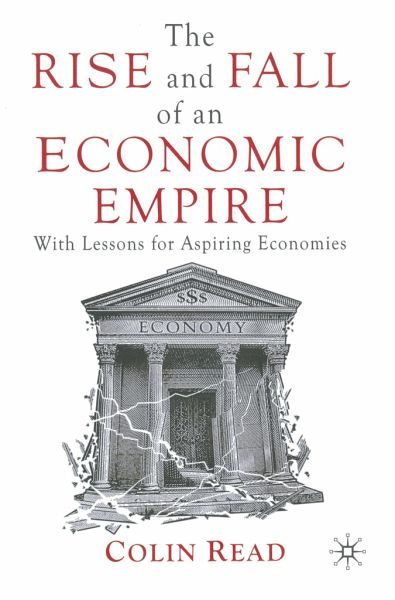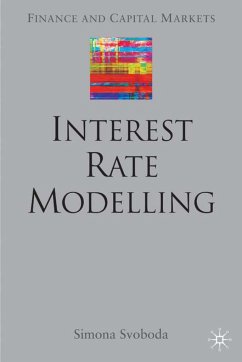
The Rise and Fall of an Economic Empire
With Lessons for Aspiring Economies
Versandkostenfrei!
Versandfertig in 6-10 Tagen
34,99 €
inkl. MwSt.
Weitere Ausgaben:

PAYBACK Punkte
17 °P sammeln!
We have seen many empires come and go. From the Roman Empire to the British Empire, we are now witnessing the decline of the US as a superpower. How do economic innovations foster global economic dominance, and how does the natural evolution of an economic empire eventually bring about its demise and replacement by other economic superpowers?












